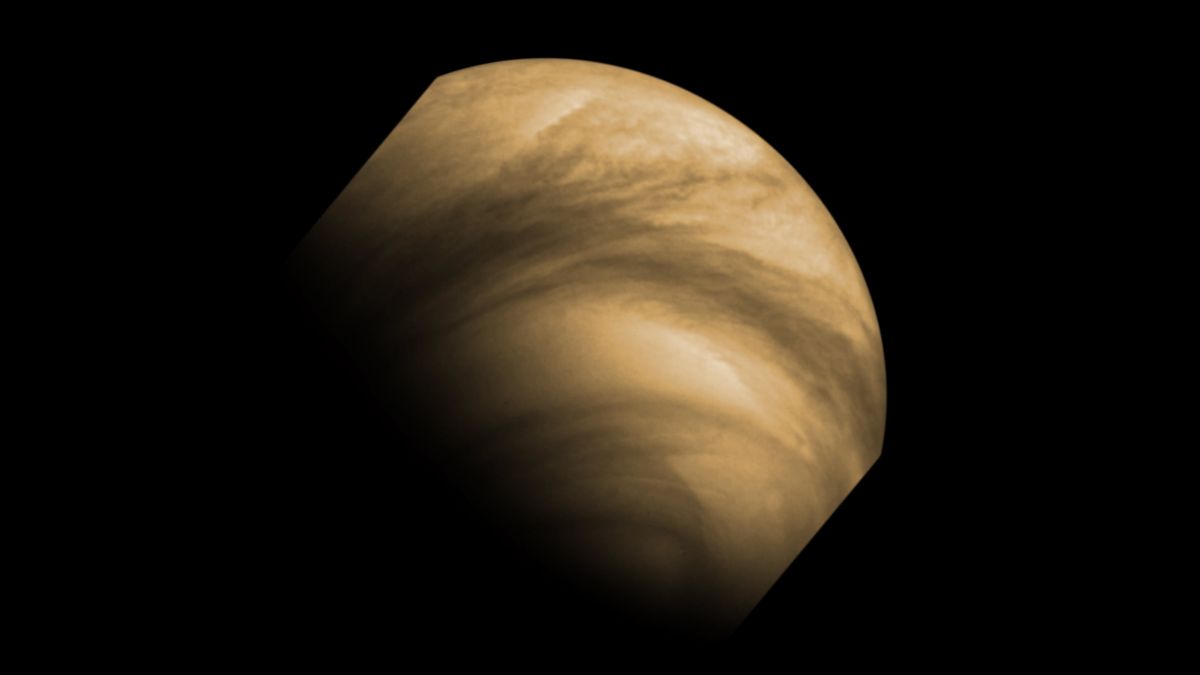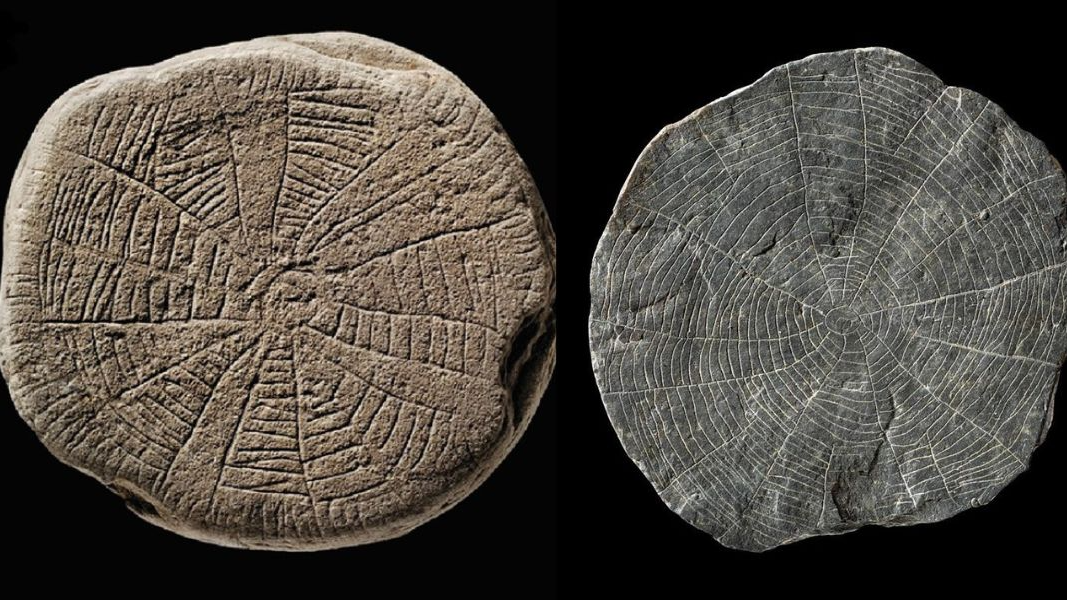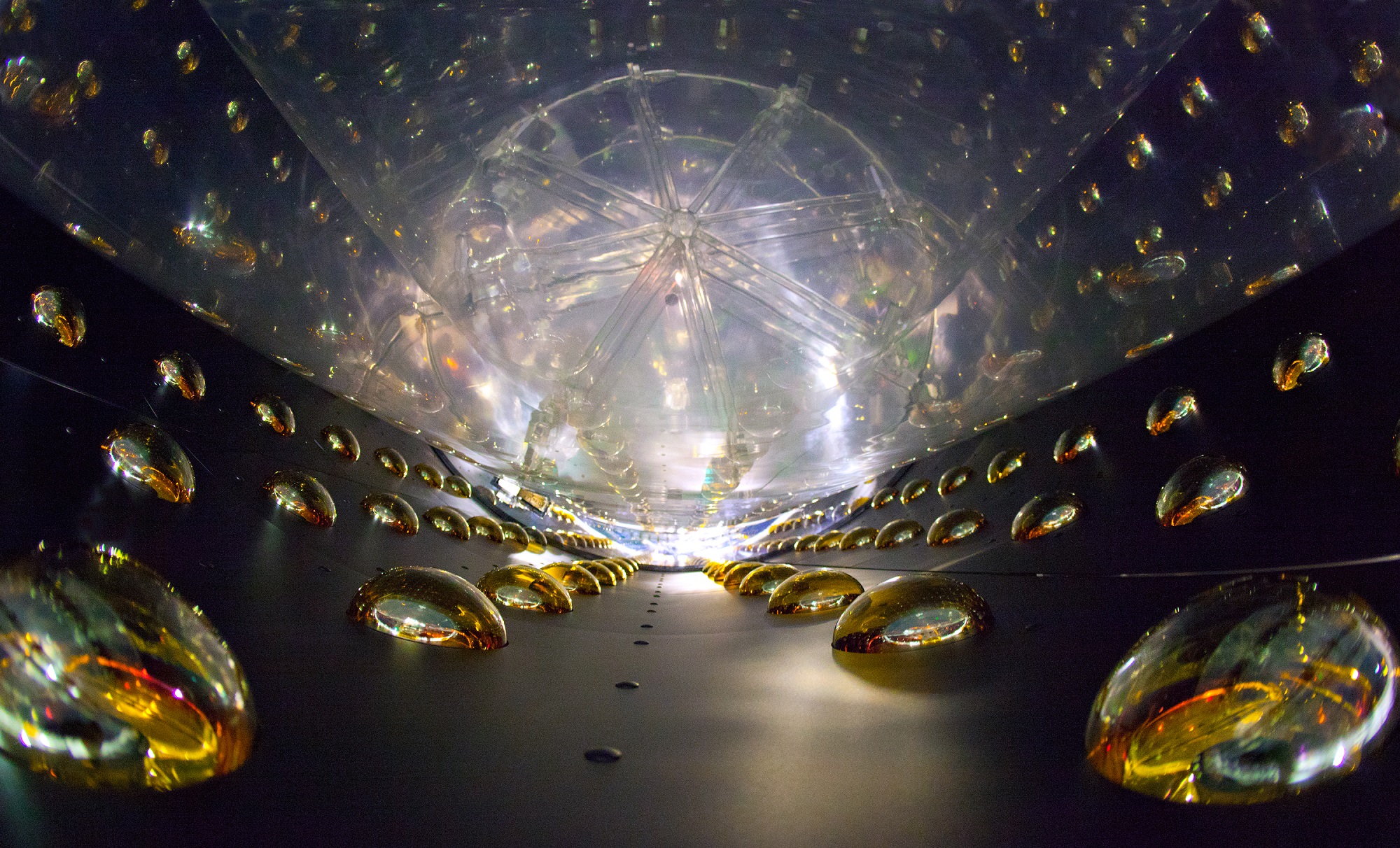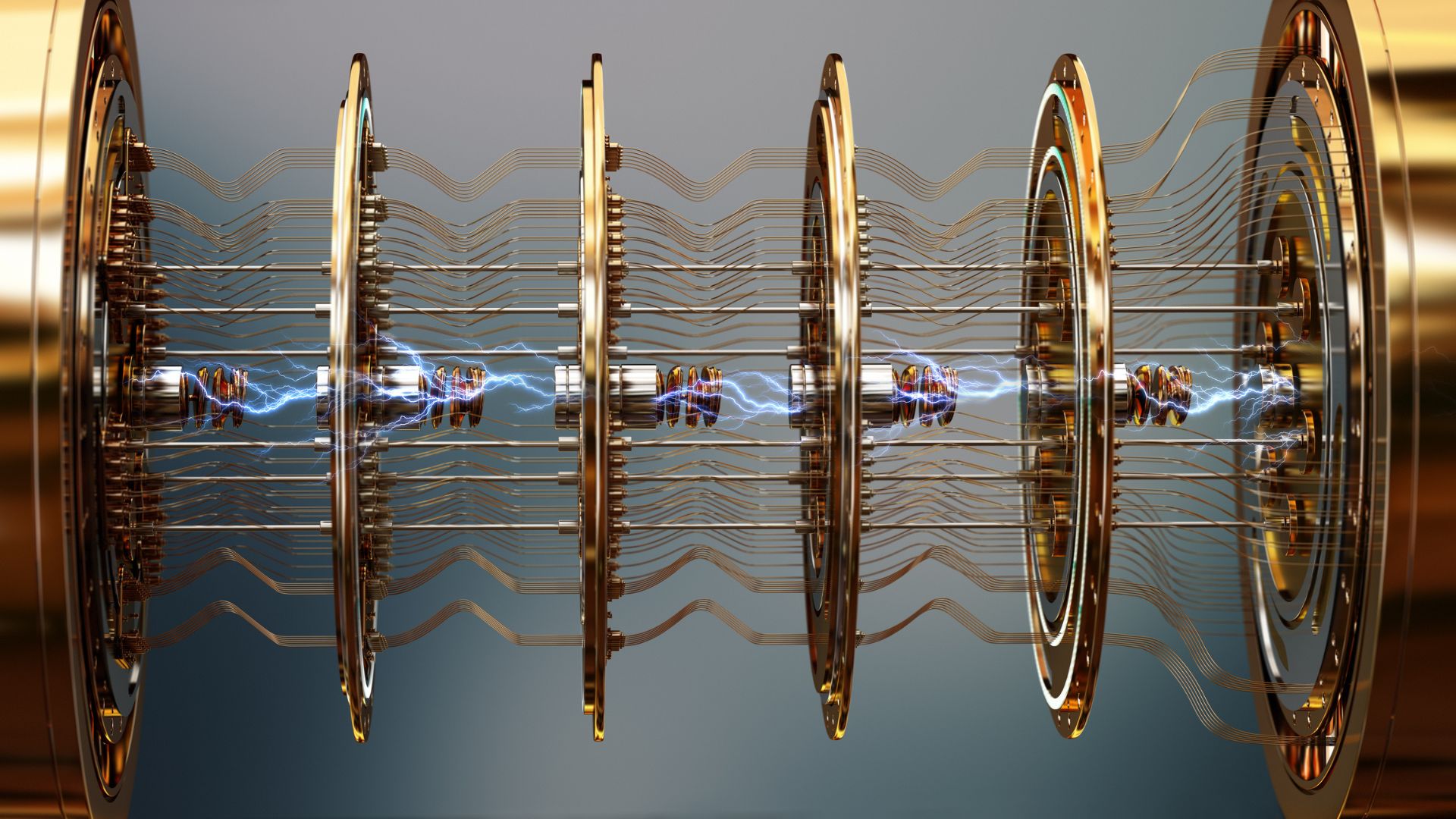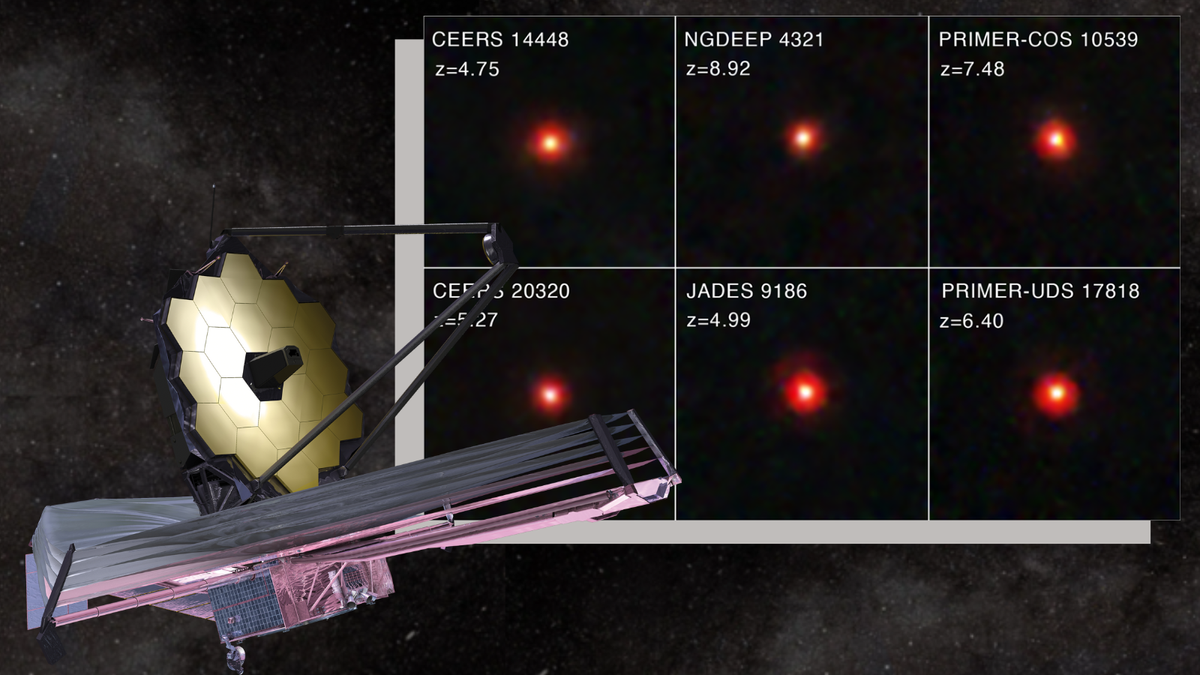'False Dawn' Seen In Incredible Photo From Space
A NASA astronaut with a penchant for taking stunningly beautiful photographs from space is at it again, with an image that captures a “false dawn” as well as several other fascinating astronomical features. Find out what they all are.
The Weather Channel (weather.com)
• Published 36 hours ago
(trending 4 hours ago)
NASA's stuck astronaut steps out on a spacewalk after 7 months in orbit
One of NASA's two stuck astronauts is getting a change of scenery
ABC News (abcnews.go.com)
• Published 32 hours ago
(trending 4 hours ago)
Planetary parade’s peak to align with clear Seattle skies this weekend
Stargazers have the best chance of catching a glimpse of Saturn and Venus in alignment on Saturday, Jan. 18.
The Seattle Times (www.seattletimes.com)
• Published 32 hours ago
(trending 4 hours ago)
Martian phenomenon causes spectacular glowing clouds on the Red Planet
NASA's Curiosity rover unveils weather secrets on Mars, from high-altitude icy clouds to extensive dust storms, enriching planetary science.
Earth.com (www.earth.com)
• Published 31 hours ago
(trending 4 hours ago)
Volcanic eruptions linked to Neolithic 'sun stone' sacrifices in Denmark
About 4,900 years ago, a Neolithic people on the Danish island Bornholm sacrificed hundreds of stones engraved with sun and field motifs. Archaeologists and climate scientists from the University of Copenhagen can now show that these ritual sacrifices coincid…
Phys.Org (phys.org)
• Published 36 hours ago
(trending 6 hours ago)
What if life on Venus is just life from Earth?
"What if there was life, but it's transferred from Earth because there's already life here?"
Space.com (www.space.com)
• Published 35 hours ago
(trending 6 hours ago)
Comet Suddenly Appears After 180,000 Years — How To See It Tonight
Comet C/2024 G3 (ATLAS) is now visible in the post-sunset night sky. It's best seen in the Southern Hemisphere, but it's visible north of the equator if you know where to look.
Forbes (www.forbes.com)
• Published 35 hours ago
(trending 6 hours ago)
Is this the $200,000 ticket to cheating death?
A German cryonics start-up is offering a chance at a second life for the cost of a sports car. Is cryogenics within reach, or still an empty promise?
BBC News (www.bbc.com)
• Published 48 hours ago
(trending 8 hours ago)
NASA celebrates Edwin Hubble's discovery of a new universe
For humans, the most important star in the universe is our sun. The second-most important star is nestled inside the Andromeda galaxy. Don't go looking for it—the flickering star is 2.2 million light-years away, and is 1/100,000th the brightness of the fainte…
Phys.Org (phys.org)
• Published 52 hours ago
(trending 10 hours ago)
The first supernovae flooded the early universe with water, research suggests
Water is the essence of life. Every living thing on Earth contains water within it. The Earth is rich with life because it is rich with water. This fundamental connection between water and life is partly due to water's extraordinary properties, but part of it…
Phys.Org (phys.org)
• Published 48 hours ago
(trending 10 hours ago)
Stone Age people made sun stone 'sacrifice' to banish 'darkened sun' after a volcanic eruption, archaeologists say
Hundreds of stone artifacts discovered on a Danish island may have been offered to the gods to ward off a climate crisis.
Live Science (www.livescience.com)
• Published 46 hours ago
(trending 10 hours ago)
An Even Ghostlier Neutrino May Rule the Universe
Strange “right-handed” neutrinos may be responsible for all the matter in the universe, according to new research.
Universe Today (www.universetoday.com)
• Published 44 hours ago
(trending 10 hours ago)
Astronaut’s latest stunning photo has so much going on in it
NASA astronaut Don Pettit has been busy with his camera again, this time sharing a beautiful image packed with features.
Digital Trends (www.digitaltrends.com)
• Published 44 hours ago
(trending 10 hours ago)
World-first quantum entanglement of molecules at 92% fidelity, UK achieves ‘magic’
UK researchers used special optical tweezers to attain quantum entanglement of molecules that could unlock multiple applications in quantum computing.
Interesting Engineering (interestingengineering.com)
• Published 54 hours ago
(trending 12 hours ago)
NASA Solar Observatory sees coronal loops flicker before big flares
For decades, scientists have tried in vain to accurately predict solar flares—intense bursts of light on the sun that can send a flurry of charged particles into the solar system. Now, using NASA's Solar Dynamics Observatory, one team has identified flickerin…
Phys.Org (phys.org)
• Published 49 hours ago
(trending 12 hours ago)
Signatures of ice-free ancient ponds and lakes found on Mars
Researchers have discovered two sets of ancient wave ripples on Mars, signatures of long-dried bodies of water preserved in the rock record. Wave ripples are small undulations in the sandy shores of lakebeds, created as wind-driven water laps back and forth. …
Phys.Org (phys.org)
• Published 49 hours ago
(trending 12 hours ago)
Paleontologists discover a new species of North African predatory dinosaur in archived images
SNSB and LMU Paleontologists have identified a new species of predatory dinosaur from the Cretaceous period in North Africa, about 95 million years old. What makes this discovery so special is that the original fossil from Egypt was completely destroyed 80 ye…
Phys.Org (phys.org)
• Published 39 hours ago
(trending 0 hours ago)
DNA methylation mediates the link between childhood adversity and depression, study suggests
Past psychology research suggests that there is a strong relationship between difficult experiences during childhood and the development of depressive symptoms. In fact, statistics suggest that adverse experiences during childhood can double the risk of being…
Medical Xpress (medicalxpress.com)
• Published 38 hours ago
(trending 0 hours ago)
James Webb Space Telescope sees little red dots feeding black holes: 'This is how you solve a universe-breaking problem'
"This is how you solve the universe-breaking problem."
Space.com (www.space.com)
• Published 37 hours ago
(trending 0 hours ago)
Blinking radio pulses from space hint at a cosmic object that 'shouldn't exist'
When some of the biggest stars reach the end of their lives, they explode in spectacular supernovas and leave behind incredibly dense cores called neutron stars. Some of these remnants emit powerful radio beams from their magnetic poles.
Phys.Org (phys.org)
• Published 36 hours ago
(trending 0 hours ago)





